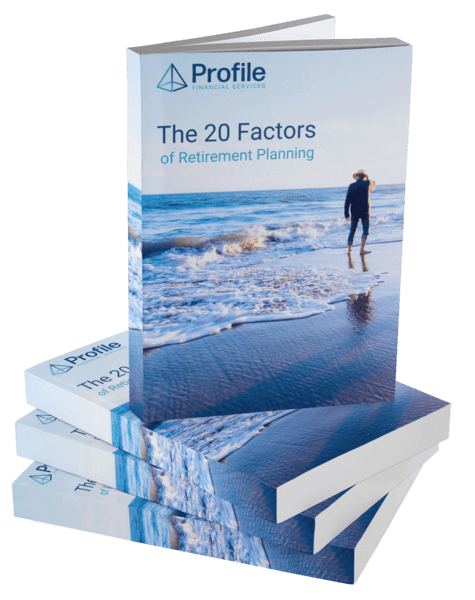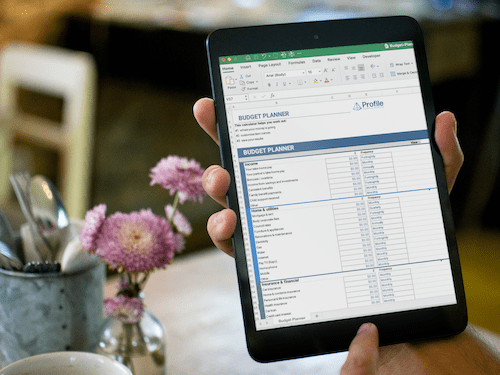As financial advisers, one of the biggest questions we get asked is how much individuals should have in their superannuation account at a certain age.
What is superannuation?
Superannuation, commonly referred to as super, is a mandatory retirement savings vehicle designed to build an asset base that can generate income during your retirement phase.
It is essential to consider that each person’s situation may vary. The amount you should have in your super fund in your 50s can vary depending on various factors, including your retirement goals, lifestyle expectations, and current financial situation.
The 8 factors you need to know when deciding how much super you should have in your 50s
To estimate a target figure, one could consider the following:
1. Your desired retirement income
Start by estimating the annual income you would like to have in retirement. Consider your expected expenses (will you be debt free?), lifestyle choices (living and travel expenses), whether you will support partners and/or any other sources of income you may have.
2. Establish your current super balance
Investigate to find out your current super balance. Review your superannuation statement or speak with your super fund to determine your current balance.
3. How long until you retire
Assess the time remaining until retirement. Evaluation the number of years you have until you plan to retire. This will help you gauge the time available and window of opportunity for further contributions and possible future investment growth.
4. Your contribution capacity
Determine how much you can contribute to your super fund on a regular basis, consider employer contributions (including the targeted increases to 12% by 1 July 2025) and personal contributions in light of other financial commitments.
5. Government initiatives
Stay informed about any government initiatives that can benefit your superannuation. For example, the government may offer co-contributions for eligible individuals who make after-tax contributions which can boost your super balance.
6. The future growth of your funds
Estimate the potential growth of your superannuation investments over the remaining period until retirement. Assess whether your portfolio should be invested in high-risk or low-risk investments. Keep in mind that the projection is subject to market fluctuations and unlikely to be linear steady growth.
7. The length of your retirement
Give thought to your life expectancy and how long you would like to self-fund your lifestyle. Life expectancy is growing at a faster rate than ever and there is a good chance we will live longer than earlier generations. Determine whether you plan to rely on the government age pension or be self-funded.
8. The benefit of professional advice
It’s advisable to consult with a financial advisor or retirement specialist who can provide personalised guidance based on your specific circumstances and financial goals.
Don’t forget concessional contributions caps
For those in their 50s, one’s superannuation balance comes into greater focus, more so than earlier in one’s professional working life. An added idea is to consider unused concessional contribution caps. If you have not fully utilised your concessional (before-tax) contribution limits in previous Financial Years, you may be eligible to utilise these in additional to the cap in the current Financial Year. It is important to understand all the eligibility requirements before making any additional contributions.
Transitioning to retirement
Additionally, plan for a transition to retirement. Explore options such as transition to retirement strategies that allow you to access some of your super while still working if you have reached preservation age. This can provide flexibility and additional income as you approach retirement.
How much superannuation should you have in your 50s?
Determining the ideal superannuation balance in your 50’s requires evaluating your projected retirement income needs, assessing your current super balance, considering contributions and investment returns, and aligning them with your retirement goals. While calculations offer guidance, it’s crucial to seek personalised advice from a financial adviser who can tailor recommendations to your specific circumstances.
Follow our LinkedIn Page to keep up with the latest industry news, finance tips and more.






